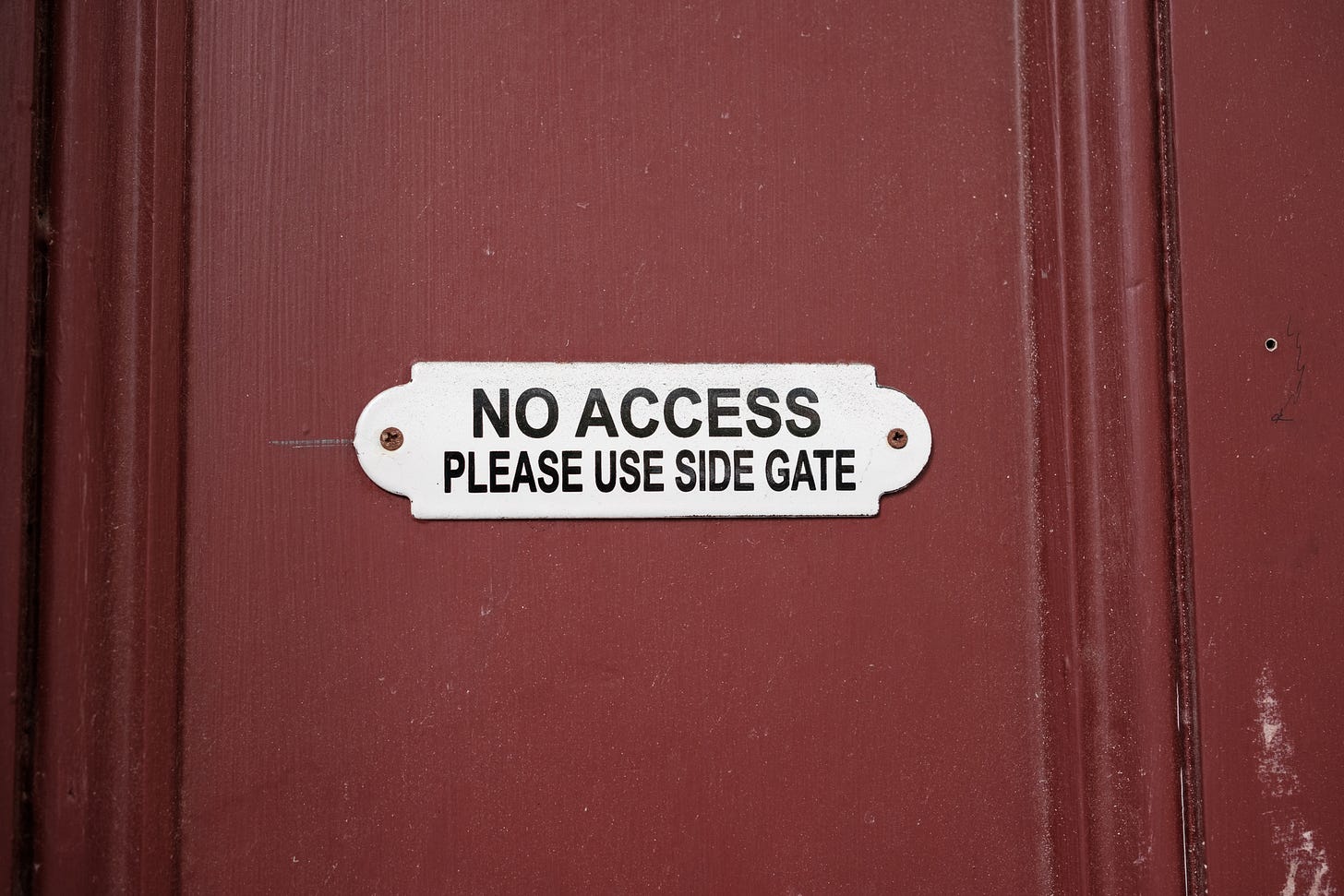Welcome to Yaka Stuff, our weekly newsletter that covers news, industry perspectives, and updates from the Hard Yaka ecosystem. Check out our last report here.
This week:
Debanking takes center stage
Trump calls for fair access and open banking
Stablecoin legislation in 100 days
A Very Stable Conference featuring Greg Kidd
Stuff happens
1. Debanking takes center stage
The issue of debanking or Operation Choke Point 2.0 took center stage last week at both the House and Senate. One story of focus was that of Anchorage Digital, a crypto bank that struggled to access financial services over the past few years, whose CEO, Nathan McCauley testified before the Senate BAnking Committee.
Here’s Axios:
Why it matters: Perceived widespread debanking — the term for when a bank denies or closes specific customer accounts for any number of often unexplained risks — has spurred accusations from the crypto world of a targeted government crackdown on the industry since early in 2023.
Friction point: "Under the Biden administration, we've seen the rise of what many are calling Operation Chokepoint 2.0, where federal regulators exploited their power, pressuring banks to cut off services to individuals and businesses," Senate Banking Committee chairman Tim Scott (R.-SC) said in the hearing's opening remarks.
…
Nathan McCauley, the CEO of Anchorage Digital, a crypto-bank chartered with the OCC since 2021, testified to the committee on his company's experience with debanking.
For 2.5 years, he said, they enjoyed a positive relationship with their bank. "We were a highly-regulated, well-capitalized, well-run business — in many ways the ideal bank client," he said in his testimony.
Then on one day in June 2023, they were told their account would be closed in thirty days because the bank was "not comfortable with our crypto clients' transactions."
"They refused to engage in further discussions, provide any additional explanation, or offer any chance to appeal the decision," McCauley said
Subsequently, Anchorage sought services from roughly 40 other banks and were refused by all of them, McCauley said. Some of them told Anchorage that they had a no-crypto client policy.
McCauley pinned this sudden mood shift on regulators. "In my view, the nail in the coffin was the joint statement from the Fed, FDIC and the OCC in January 2023," he said.
Zoom out: That statement, which was made publicly by the three major regulators, detailed "key risks" tied to digital assets that banks should be aware of.
And though it said banking organizations "are neither prohibited nor discouraged from providing banking services to customers of any specific class or type," it made clear that it would "closely monitor" and carefully review any banks with "crypto-asset-related exposures."
2. Trump calls for fair access and open banking
Back in January, President Trump signed his executive order, titled, Strengthening American Leadership in Digital Financial Technology, explicitly stating his objective of “protecting and promoting fair and open access to banking services for all law-abiding individual citizens and private-sector entities alike,” which mirrors the foundational principles for USBC that Greg Kidd outlined last summer.
Relevant:
FDIC Releases Documents Related to Supervision of Crypto-Related Activities | FDIC.gov
Why the new FDIC Leadership Isn’t Convinced Operation Chokepoint 2.0 Exists - Unchained
3. Stablecoin legislation in 100 days
Here’s Axios:
A group of lawmakers said Tuesday that Congress will pass legislation on stablecoins — a less-volatile cryptocurrency backed by U.S. dollars — in the first 100 days of the Trump administration.
The latest: Top lawmakers of select congressional committees — including Republican Sen. Tim Scott (R-S.C.), who leads the Senate Banking Committee — and White House crypto czar David Sacks announced a working group meant to accelerate consensus on key pieces of digital asset legislation.
What they're saying: "I've talked to many founders over the past few years, and they've told me repeatedly that the number one thing they need from Washington is regulatory clarity," Sacks, who also runs a venture capital firm, said.
The latest effort was from Sen. Bill Hagerty, who presented his GENIUS bill, the Guiding and Establishing National Innovation for U.S. Stablecoins (GENIUS) Act, which, according Axios, focuses on:
“Establishing licensing for stablecoins pegged to a unit of monetary value (usually, the dollar)
Allowing for state regulators to oversee stablecoins with a less than $10 billion market cap, but apply Federal-level standards to larger cryptocurrencies
Setting reserve requirements and other measures for safety and law enforcement.”
Relevant:
Legislators promise stablecoin law within Trump's first 100 days
Stablecoin Legislation Pushed as Trump Sets Crypto-Friendly Agenda
Stripe closes $1.1 billion Bridge deal, prepares for aggressive stablecoin push
4. A Very Stable Conference featuring Greg Kidd
Hard Yaka and USBC co-founder and CEO Greg Kidd will be speaking on a panel tomorrow at A Very Stable Conference, hosted by friend of the ecosystem, Ayo Omojola.
Also in attendance are Circle’s Jeremy Allaire, Fed Governor Christopher J. Waller and representatives from Visa, Stripe, and Paxos, among others.





